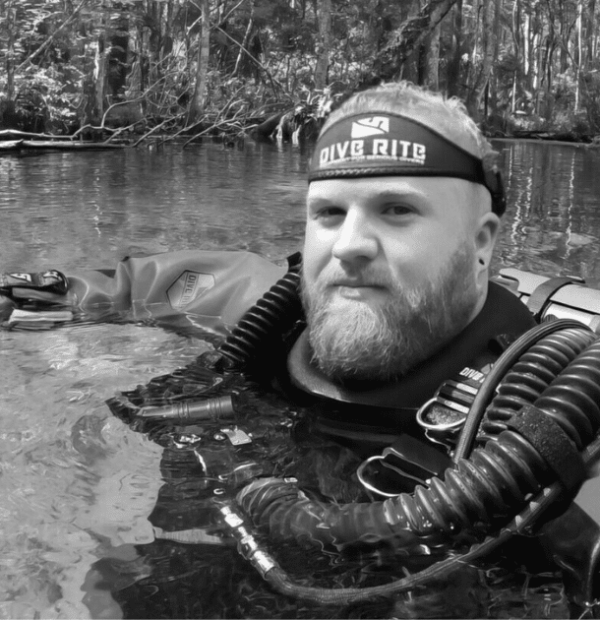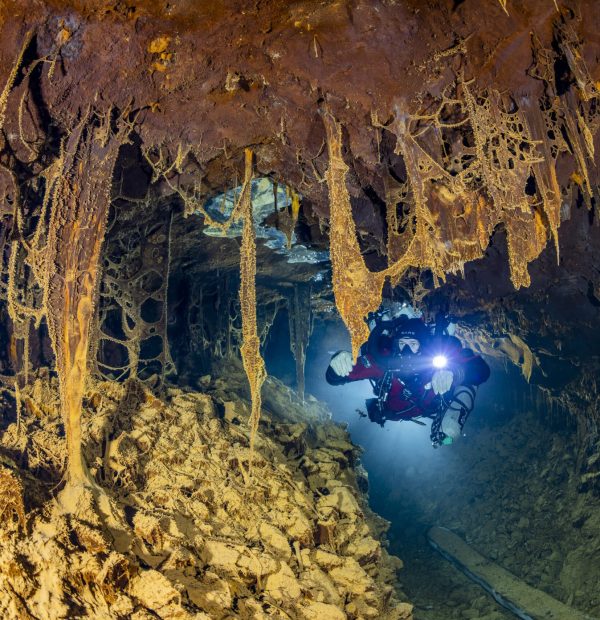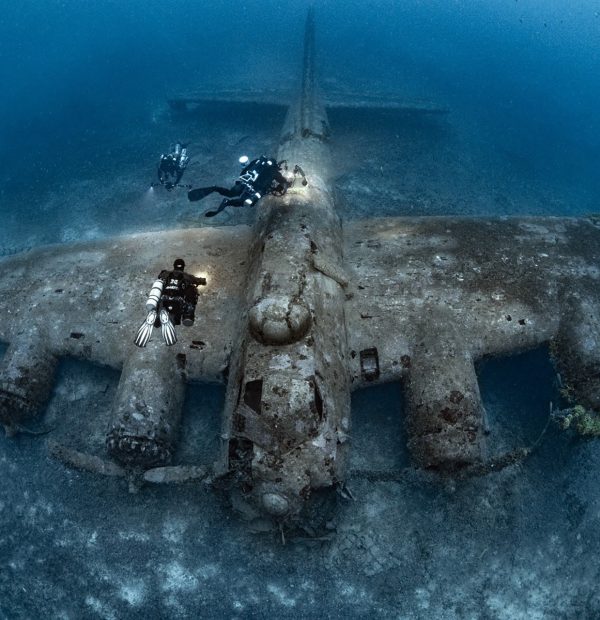Wednesday, 15 May 2024
Menu

Scientists investigating new experimental techniques to save corals may have finally found an effective way to save the planet’s reefs. During a mass spawning event around Heron Island, located within the Great Reef, they collected coral reproductive cells and then provided stable conditions for them to grow in aquaria. The final step was to transplant the cultured corals back to the reef.
When the researchers returned a year later to see the results of their experiment, they found that some of the transplanted corals had accepted and adapted, continuing to grow further. They also noticed that the higher density of young larvae, had a beneficial effect on the better uptake of the transplanted fragments.
[blockquote style=”2″]”This is the first project of its kind on the Great Barrier Reef where new corals have been successfully transplanted and adapted. This is a very exciting moment. We are seeing a rebirth of the reef,” said project leader Prof Peter Harrison of Southern Cross University.[/blockquote]
Corals are actually colonies of marine invertebrates, made up of thousands of identical polyps. Although protected on the outside by a tough exoskeleton, they are actually ecosystems that are extremely sensitive to climate change.
Scientists working on the technique of transplanting reef fragments hope that their latest development will help save and rebuild the Great Barrier Reef, but also other reefs around the globe that have been affected by rising temperatures or powerful hurricanes that have hit coastlines.
The success of the project by Southern Cross University has led the Australian government to invest even more in developing a new method and fighting to save one of its greatest treasures – the Great Barrier Reef.
Unfortunately, it takes a long time to research and observe the effects of the new method. To grow a coral the size of a large plate from a larva, about 3 years are needed. So we can imagine how long it will take to rebuild entire coral reefs. Fortunately, we can talk about a breakthrough and a slow but steady march in the right direction.
Source: radionz.co.nz, Photo: Gary Cranitch/Queensland Museum
[pro_ad_display_adzone id=”31298″]









Welcome to DIVERS24.COM, your daily source of scuba news, freediving, scuba diving information, and equipment reviews. Our comprehensive coverage of the dive industry from A to Z provides you with all the latest scuba news, training updates, underwater photography tips, and everything else related to scuba diving. Whether you’re a beginner or an experienced diver looking for more knowledge about scuba gear or techniques – we’ve got it covered! With our in-depth articles written by experienced divers who have been there and done that, you are sure to find exactly what you need here at Divers24.com. Dive into scuba news today!
Underwater Media Sp. z o.o.
Szafarnia 11/F8,
80-755 Gdansk, Poland
Welcome to DIVERS24.COM, your daily source of scuba news, freediving, and scuba diving information. Sign in for a weekly news update and discount coupons for dive gear and apparel.
@2023 - underwatermedia.pl. All Right Reserved. Designed and Developed by Tworzenie stron internetowych Gdansk

The Divers24 portal is currently the largest online medium treating diving in Poland. Since 2010 we have been providing interesting and important information from Poland and around the world on all forms of diving and related activities.
Contact us: info@divers24.com